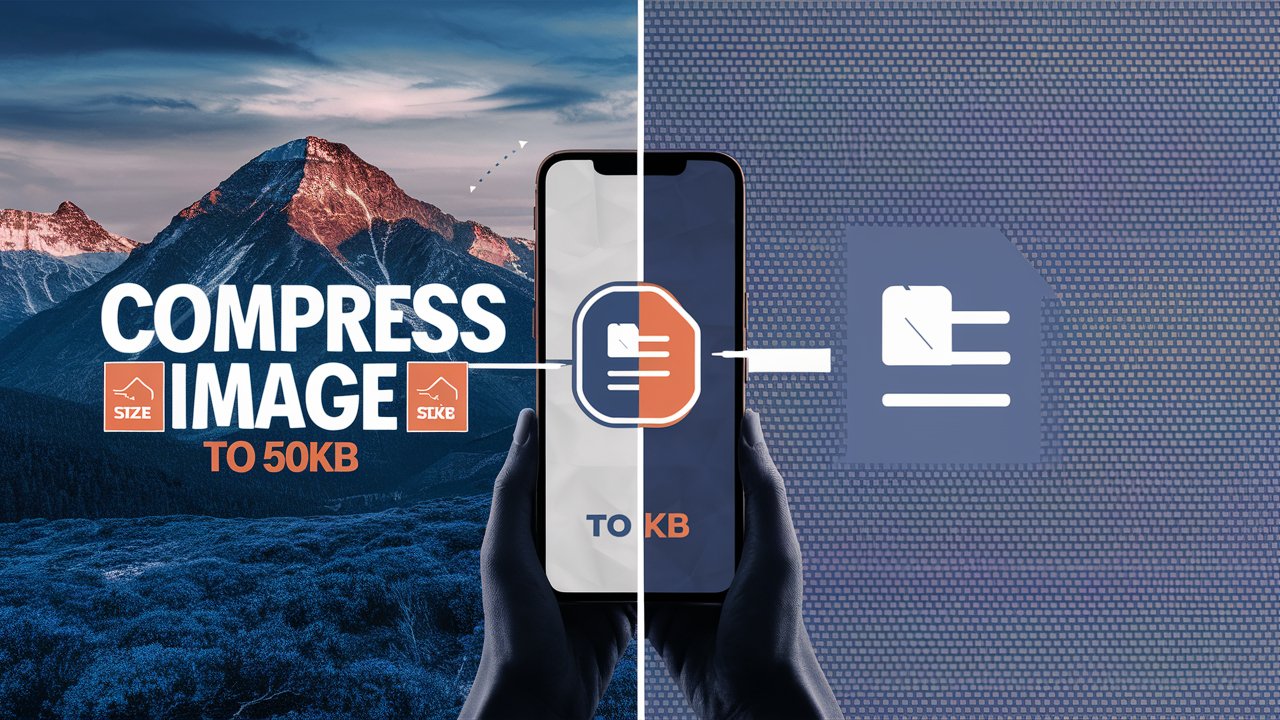Whois Domain Lookup
Clear domain insights at your fingertips with Toolsfobia's WHOIS Lookup tool
A WHOIS domain lookup tool is a powerful online tool that reveals the hidden details behind any website.
It taps into the WHOIS database, a public record containing information about who owns a domain, when it was registered, and other technical details.
These tools are essential for anyone interested in website ownership, cybersecurity, or securing their desired domain name.
Absolutely! Here's an explanation of WHOIS, including the database and typical data points:
What is WHOIS?
- The WHOIS Protocol: WHOIS is a query and response protocol used to access databases that store information about registered internet resources, primarily domain names. Think of it like a giant directory for websites.
- The WHOIS Database: This database is like a public record for domains. It contains essential details about every registered domain name, including:
- Registrant Name and Contact Details: The name of the individual or organization who registered the domain, along with email, mailing address, and sometimes phone numbers.
- Domain Creation & Expiration Dates: When the domain was initially registered and its renewal deadline.
- Nameservers: Technical servers that link the domain name to its actual website and email hosting.
Why is WHOIS Important?
The WHOIS database is crucial for transparency and accountability on the internet. It helps with:
- Domain Availability: Checking if your desired website name is taken.
- Cybersecurity: Investigating potentially malicious websites.
- Brand Protection: Monitoring domains similar to yours that might infringe on your trademarks.
How WHOIS Lookup Tools Work?
Here's a breakdown of how WHOIS lookup tools work:
- You Choose a Tool: There are many WHOIS lookup tools, with some popular choices being:
- DomainTools: Offers advanced features and historical WHOIS data.
- Whois.com: Simple and straightforward interface.
- MXToolbox: Provides WHOIS lookups alongside other network diagnostic tools.
- You Enter the Domain: On the tool's website, you'll find a search bar. Type in the domain name you're curious about (e.g., [invalid URL removed]).
- The Tool Queries the WHOIS Database: The tool acts like a detective, sending a query to the relevant WHOIS database. This database is determined by the domain's top-level domain (TLD) like .com, .net, etc.
- Results are Displayed: The tool retrieves the information from the WHOIS database and presents it to you in a clear, readable format.
How it Works Behind the Scenes
WHOIS lookup tools don't store this information themselves. They act as a bridge between you and the fragmented network of WHOIS databases.
Different registrars and registries (organizations managing domain names) maintain portions of the WHOIS database. The tool figures out the right database to query.
Absolutely! Here's a breakdown of the key benefits of using WHOIS lookup tools:
Benefits of Using WHOIS tools
Availability Checks: If you're dreaming of launching a website, the first step is finding the perfect domain name. WHOIS tools let you instantly see if your desired domain is already registered.
Cybersecurity: Cybercriminals often use domains that mimic legitimate websites for phishing scams and other malicious activity. WHOIS tools help you investigate suspicious domains. You can look up the owner's details, creation dates (very recent registrations can be a red flag), and other clues to spot potential threats.
Brand Protection: Cybersquatting, the act of registering domains similar to well-known brands for profit or mischief, is a problem. WHOIS tools help you monitor for domains that closely resemble yours. This allows you to take action if someone tries to infringe on your trademark.
Competitor Research: Understanding your competitors' online footprint is smart business. WHOIS lookups can reveal details about their website setup, when they registered their domain (indicating how established they are), and potentially even uncover other websites they own.
Important Note: Some domain owners use privacy protection services to mask their information in the WHOIS database. This doesn't always indicate wrongdoing, but it's something to be aware of.
Why Toolsfobia's WHOIS Domain Lookup Tool
Toolsfobia's WHOIS Domain Lookup Tool is designed with the user in mind. Here's what makes it a great choice:
- Ease of Use: If you're new to WHOIS or simply want quick answers, Toolsfobia delivers. Its interface is straightforward and free of distractions. Simply type in a domain, and you'll get the essential details without any fuss.
- Focus on Key Information: Toolsfobia understands that most users want the vital WHOIS data without being overwhelmed. Here's what you'll typically see:
-
- Registrar: Identifies the company where the domain was registered.
- Owner: The person or organization who owns the domain (may be redacted for privacy).
- Creation/Expiration Dates: When the domain was registered and when it needs renewal.
- Nameservers: Technical servers that connect the domain to its website.
- Statuses: Indicates if there are any restrictions on the domain (like transfer locks).
- A Reliable Resource: Toolsfobia's WHOIS tool provides the core information you need to make informed decisions about domains. Whether you're checking availability, investigating a website, or protecting your brand, this tool has your back.
Limitations of WHOIS tools
It's important to be aware that WHOIS lookup tools, including Toolsfobia's, have certain limitations:
Privacy: Domain owners can often purchase privacy protection services from their registrars. This masks their personal contact details in the WHOIS record. While understandable, it can hinder investigations into potentially malicious websites.
Accuracy: The WHOIS database relies on domain owners providing correct information and keeping it updated. There's always a chance of encountering outdated or even intentionally misleading information.
Conclusion
Despite these limitations, WHOIS lookup tools remain an incredibly valuable resource for anyone who interacts with the world of websites. They provide a crucial layer of transparency and offer insights for:
- Domain Availability Checks: Instantly see if your dream website address is free.
- Cybersecurity Investigations: Help uncover the people behind suspicious websites.
- Brand Protection: Keep an eye on domains that might be infringing on your trademarks.
- Competitor Research: Get a glimpse into your competitors' online strategies.
Remember, use WHOIS results as a starting point. Always cross-check information and be aware that privacy protections and potential inaccuracies might limit the data you obtain.










